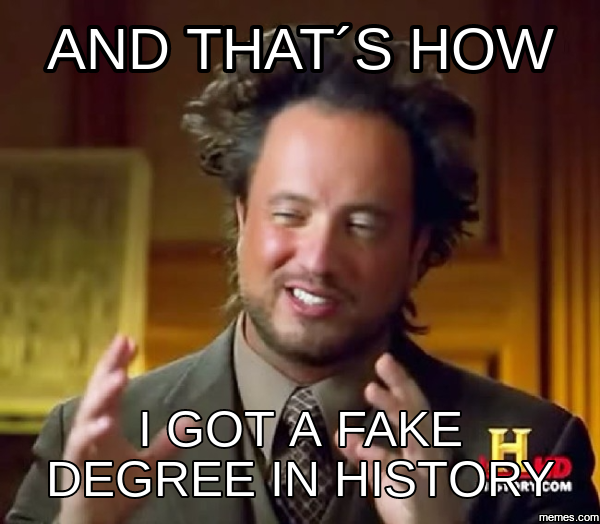Well, I have a feeling people are going to love this post... Not. Today's topic is the liturgy. I have a preference for traditional liturgy, preferably in the Tridentine Rite. However, I can say this without condemning other people's liturgical practices. Why? Well, I personally only care about one thing: REVERENCE.
I tend to believe that many people believe liturgy is created in a vacuum. That is can never change. I personally do not believe Our Lord was celebrating a Pontifical High Mass at the Last Supper. However, I also don't think that the God of the Universe is best worshiped by showing off your dance moves. For me, the liturgy should be shaped by 1) a lack of focus on the celebrant (this isn't the Fr. Bob show), 2) deep reverence towards the liturgical act (which is often expressed by following the rubrics), and 3) historic rites which are theologically orthodox while spiritually edifying.
The challenge is how to incorporate this into the Church. It should be noted that these are all my personal opinions. They do not shape the order of worship for my church or anyone else. However, as I noted I prefer the traditional liturgy. I do not begrudge changes in that liturgy, however, such as the Holy Week, calendar, etc. For me the key is to look at the intent of the changes. Are they to restore a more ancient practice? Perhaps. But that is a slippery slope. Because many of the medieval practices we have come to love (benediction) could be considered liturgical innovations. Is it, then, to truncate the liturgy? This is not bad in and of itself in the West, as shorter forms have long been used (in emergency forms of sacramental rites, the Low Mass, etc.). We all perhaps wish we had the stamina to engage in the liturgy 24/7 but this may not be practical. So why is that that someone uses the rite they have adopted?
Then there is the Novus Ordo Missae. I do think that its introduction was endemic of the hermeneutic of rupture. Because it is radically different from its predecessor missal--that can't be denied. I think, as well, it has been introduced in a way to make the liturgy less reverent. Familiarity breeds contempt and I think it has been made so common in many areas as to not be given due reverence. The attempt was made to revert back to the believed customs of the Early Church. In doing so, I think the slippery slope mentioned above is pertinent. However, I do not think the rite is bad in and of itself. I firmly realize, as Dix notes, that the liturgical practices of the Early Church were much different. Many of our propers were impromptu because texts and literacy were problematic. Christendom has utilized many different texts to celebrate the liturgy. My concern is how it was implemented which seemed to rupture from the previous rite without a clear continuity.
This is especially pertinent for the 1970 liturgy. We now have, among Autocephalous Catholics, those who would seek to elevate this liturgy as the supreme example of liturgical beauty (like a liberal SSPX). In spite of its simplistic language and the abhorrent additions like the Eucharistic Prayers for children. I do think the revised Third Edition of the Roman Missal is an improvement, despite the fact that it is clearly not perfect. For me, the 1965 liturgy was a much better option of dignified translation and reverent liturgy. However, in general wherever possible I am in favor of hieratic language and separating the liturgy from the ordinary.
Where does that leave us? Well, it seems to all come down to preference anyway. Various groups will gauge orthodoxy based on if there is a second confiteor, the Holy Week rite used, etc. Some groups wear red or purple on Palm Sunday. Within the Novus Ordo some have become attached to the Mass of 1970. Others have adopted the Third Edition. Sometimes ad orientem, with communion on the tongue, etc., etc. I don't think we have to be scared of liturgical innovation. It has clearly happened frequently in the Church's long history. For me, again, the important thing is that it is shaped by the above principles in bold.
Where does that leave us? Well, it seems to all come down to preference anyway. Various groups will gauge orthodoxy based on if there is a second confiteor, the Holy Week rite used, etc. Some groups wear red or purple on Palm Sunday. Within the Novus Ordo some have become attached to the Mass of 1970. Others have adopted the Third Edition. Sometimes ad orientem, with communion on the tongue, etc., etc. I don't think we have to be scared of liturgical innovation. It has clearly happened frequently in the Church's long history. For me, again, the important thing is that it is shaped by the above principles in bold.
AND, I should add, that just because people think they can write the world's best liturgy doesn't mean it will be the world's best liturgy. We have so many examples of historic liturgies that are beautiful and reverent and written by people much smarter than most of us. Why not just use that? That doesn't mean liturgies can't be tweaked for their place and purpose. But starting from scratch seems a bit much.
I realize that none of this solves any of liturgical issues. And it's enough to make perhaps everyone who reads it unhappy. But it is a stream of consciousness.
“Novelty may fix our attention not even on the service but on the celebrant. You know what I mean. Try as one may to exclude it, the question "What on earth is he up to now?" will intrude. It lays one's devotion waste. There is really some excuse for the man who said, "I wish they'd remember that the charge to Peter was Feed my sheep; not Try experiments on my rats, or even, Teach my performing dogs new tricks.” - C.S. Lewis




